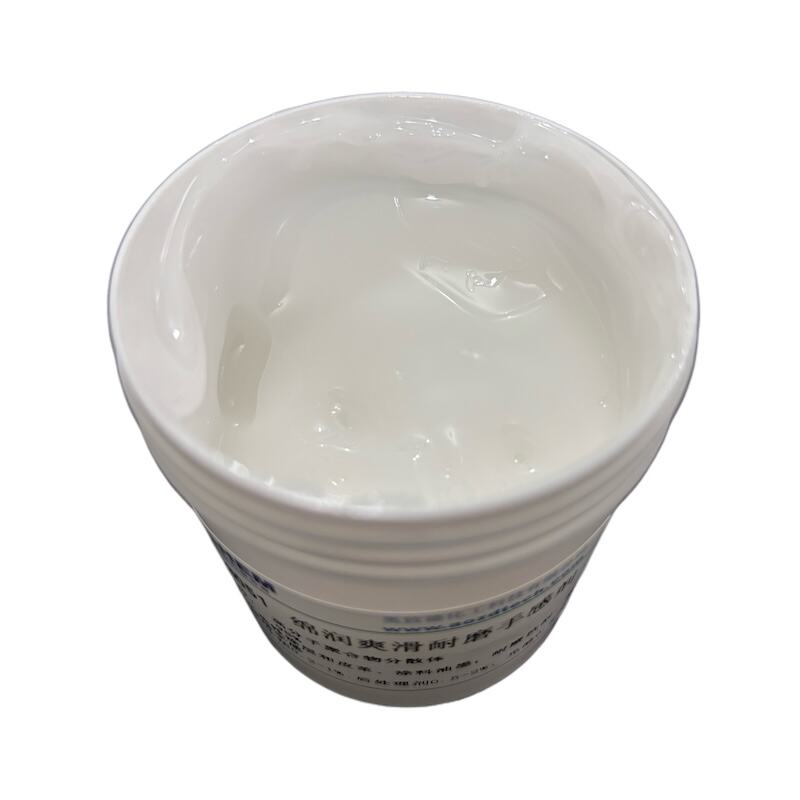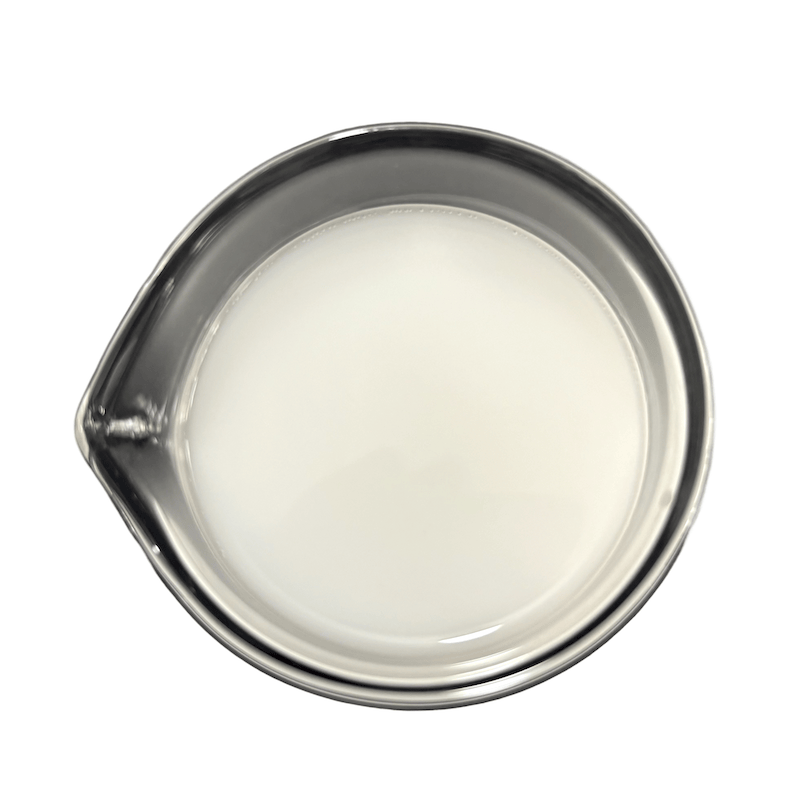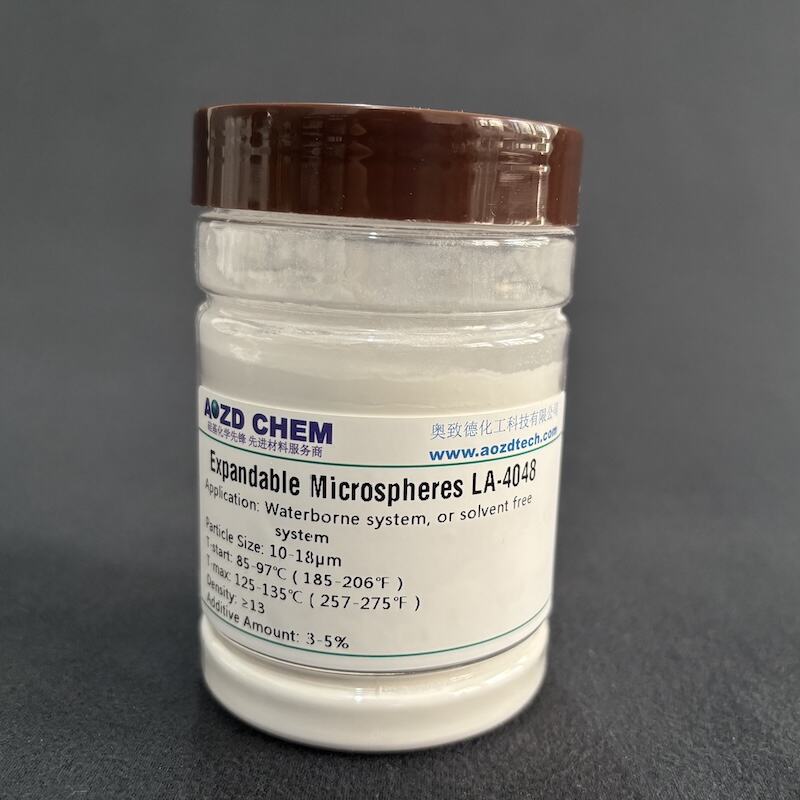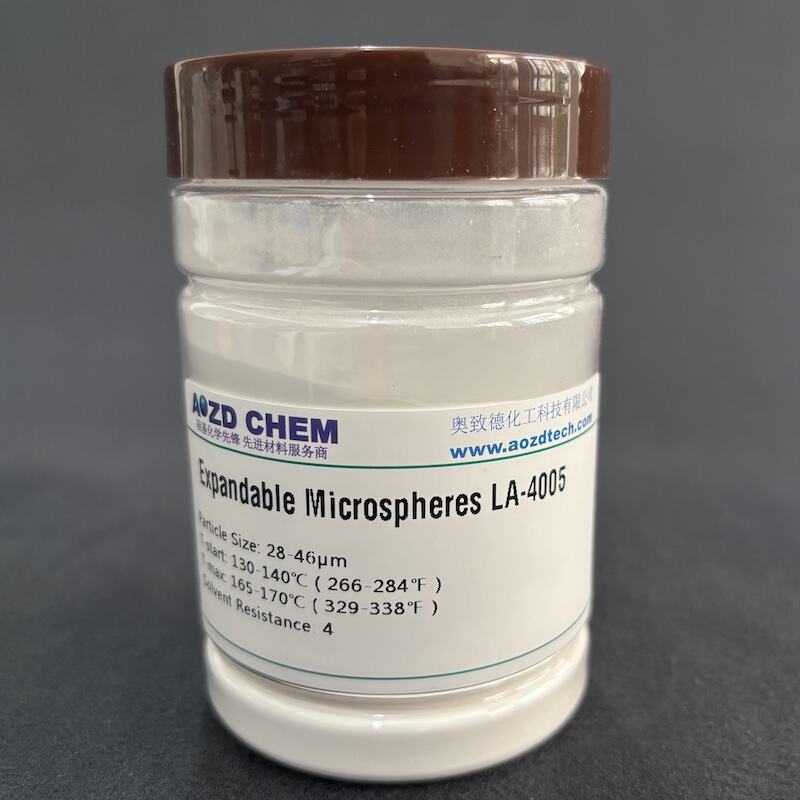nontoxic additives
Nontoxic additives represent a revolutionary advancement in material enhancement technology, offering safe and environmentally responsible solutions for various industrial applications. These innovative compounds are specifically engineered to improve product performance without compromising human health or environmental safety. The additives function through multiple mechanisms, including stabilization, enhancement of physical properties, and modification of surface characteristics. In manufacturing processes, they serve as crucial components that can enhance durability, improve processing efficiency, and extend product shelf life. Their applications span across diverse industries, from food packaging and cosmetics to construction materials and medical devices. What sets these additives apart is their careful formulation using naturally derived or synthetically safe compounds that have undergone rigorous testing to ensure zero toxicity. They comply with global safety standards and regulations, including FDA approval for food-contact applications. The technology behind these additives involves advanced molecular engineering that maintains effectiveness while eliminating harmful substances traditionally used in conventional additives. This makes them particularly valuable in sensitive applications where consumer safety is paramount.








